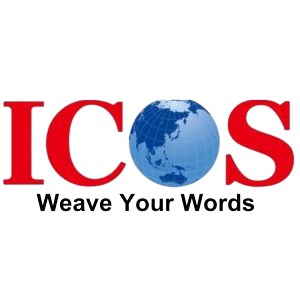Legal translation services That Speak Fluent Law in every Language
Table of Contents
If you think legal translation is just Google Translate with a tie on… I have a bridge in Paris to sell you, in Mandarin, with hidden clauses.
Let’s break it to you gently- but also, not so gently: Legal translation is not a DIY weekend project. You can’t just shove a contract into a free tool and expect it to come out perfect.
Legal translation is more than knowing Spanish or French, or German, or Japanese etc.
It’s about knowing:
Legal Spanish
Legal French
Legal German,
Legal Japanese,
Or Any dialect that needs legal translation, for that matter.
One wrong word means you either agreed to an unwanted partnership or just sold your business to someone, when the business had just started to build profits.
And let’s not even get started on cultural nuances.
One tiny error, one misunderstood word, and you’re legally married to your business partner in Belgium. And divorced in Taiwan. All because you trusted something called “TranslateMeQuick.ai.”
Legal translation is serious stuff. It deals with high-stakes documents: Contracts, Court orders, Patent filings, Non-disclosure agreements etc. The kind of stuff where even a missing comma can cost you your career, your company, or at the very least… your dignity.
And no, your bilingual friend who once studied abroad doesn’t qualify. Unless they can distinguish between “binding” and “non-binding” in legal German and explain what “force majeure” means in five languages, please keep them far away from your documents.
Stick with me. We’re about to tear open the world of legal translation: what it is, why it matters, how not to ruin your life with it, and we’ll do it with the only thing more powerful than law: laughter and logic.
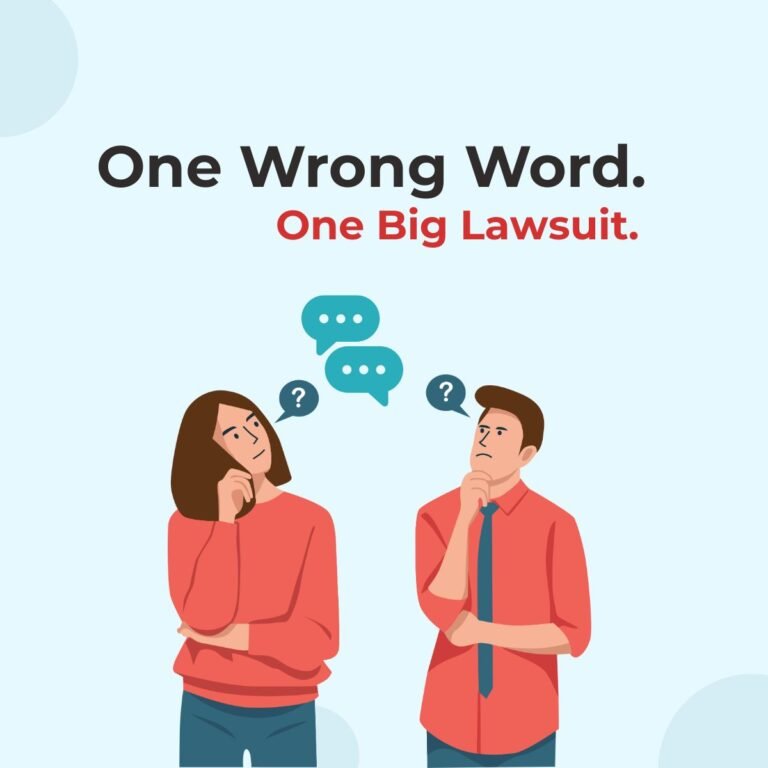
What is Legal Translation?
Legal translation is the process of converting legal documents from one language into another with complete accuracy, preserving not just the meaning, but the legal force behind every word, clause, and punctuation mark.
It involves translating materials such as:
- Contracts,
- Court judgments,
- Agreements,
- Patent filings,
- Privacy policies, and
- Any document with legal significance.
Each translation must reflect the exact intent of the original, while aligning with the legal systems and terminology of the target language.
A legal translator must be fluent in both languages and should understand legal terminology, writing styles, and procedures from both jurisdictions. This ensures the translated document is valid, enforceable, and clearly understood in its new legal context.
Legal translation services are used in:
- International business,
- Cross-border litigation,
- Immigration processes,
- Regulatory filings, and more.
Every word in a legal document carries weight, and one mistranslation can change the outcome of a deal, a case, or a compliance report.
Legal translation is the specialized service that makes sure none of that goes wrong.
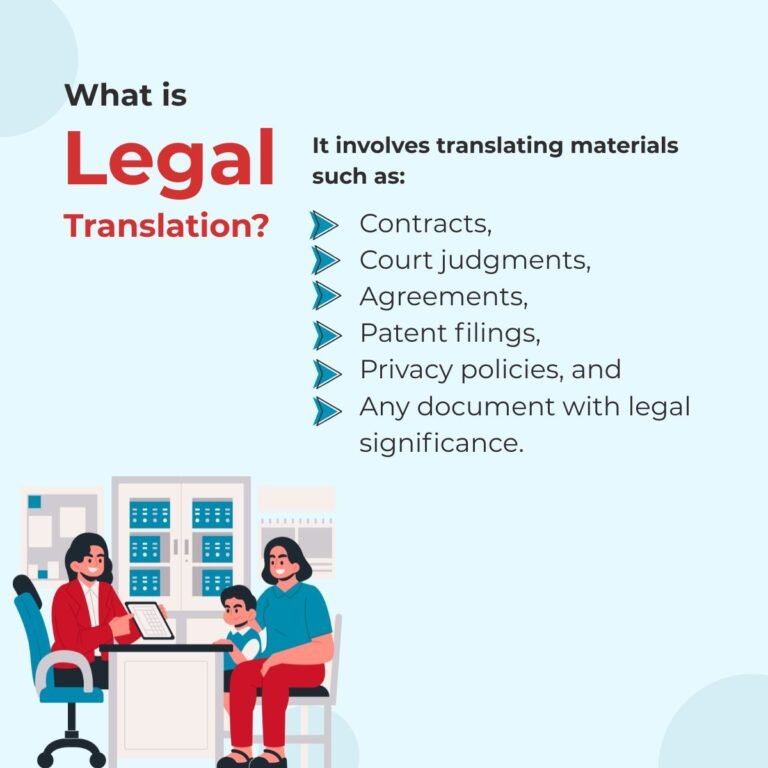
Why is Legal Translation Important?
In global business, the only thing riskier than signing a contract without reading it… is signing one you don’t even understand.
When you’re dealing with international partners, clients, or regulators, every word counts. And if those words get twisted, so does your entire deal.
Here’s why getting it right matters:
- Contracts are legal commitments: Not conversation starters. If the translated version alters the meaning, you might commit to something you never agreed to.
- Different countries = different laws: What’s enforceable in one country might be completely irrelevant in another. Legal translation aligns documents with local legal systems.
- Mistranslation can cost you millions: One wrong clause, and you’re stuck in a lawsuit trying to prove you didn’t agree to give away your IP.
- Reputation is fragile: Sloppy legal translations make your business look careless. In regulated industries, it can even get you banned.
- Compliance isn’t optional: Especially in sectors like finance, pharma, or tech. Regulatory bodies don’t care if it was a “translation issue.”
- Legal terms are precise: Words like “liable,” “void,” or “warranty” aren’t interchangeable – and neither are their translations.
- Ambiguity invites litigation. If your translated contract is vague, expect legal drama. Not the fun kind with courtroom monologues.
- Cross-border deals need clarity: Everyone involved must interpret the contract the same way- no guesswork, no loopholes.
- Multilingual lawsuits are a nightmare: Translating legal documents after a dispute begins is twice the cost and triple the mess.
- It protects both sides. A good legal translation reduces conflict, builds trust, and shows you’re serious about doing business properly.
Bottom line: Legal translation is important because real businesses don’t play roulette with contracts. They play chess and they use professionals to make every move count.
How to Choose a Legal Document Translation Company
Ah yes, the million-dollar decision. You wouldn’t trust your tax filings to a barista who once watched a finance reel on Instagram. So please, stop handing your legal documents to someone who just “likes languages”.
Here’s what you need to actually look for:
- Specialization in legal documents. Not “we do all types of translation.” No. You want someone who eats clauses for breakfast.
- Bilingual + bicultural + legally fluent. Not just language-savvy, but law-savvy. Big difference.
- Experience in your industry. A startup NDA is not the same as an international franchise agreement. Context is everything.
- Accuracy backed by process. Ask them: Do you have legal reviewers? Do you localize by jurisdiction? If they say yes, you have found the right one.
- Confidentiality practices: They treat your documents like classified intel- stored securely, labeled clearly, and never floating around in vaguely named folders.
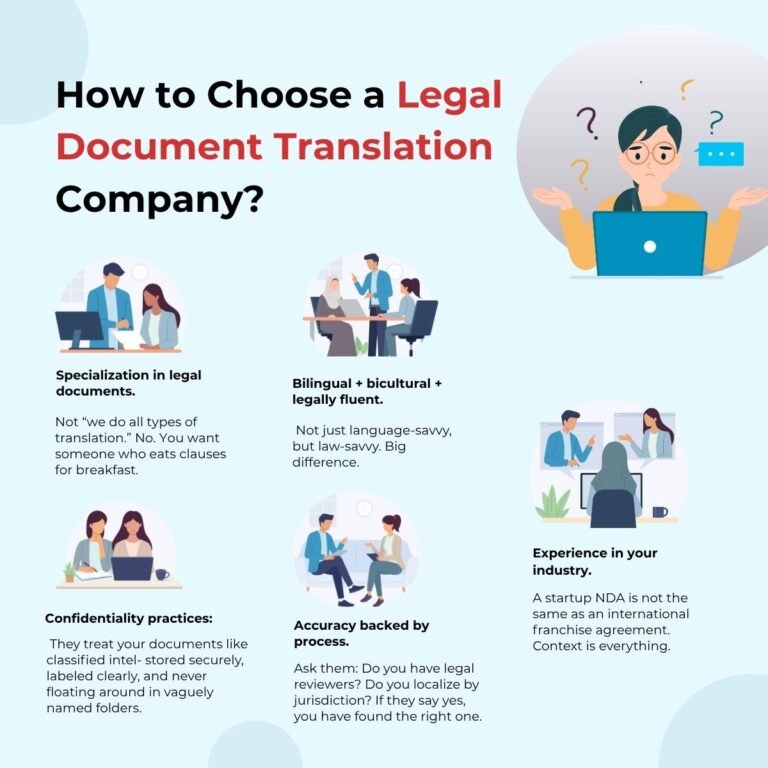
How Do Cultural Differences Impact the Translation of Legal Documents?
Let’s get brutally honest: Cultural misinterpretation is where legal translation goes to die.
That cute little phrase you used in your local contract to sound warm and fuzzy? In another country, it might sound like a marriage proposal. Or worse- a lawsuit waiting to happen.
Some countries use indirect, polite language. Others are as blunt as a frying pan. And if your translator doesn’t understand these subtleties, you could accidentally offend a client, break a law, or promise something you never intended.
Even concepts like “good faith,” “honor,” or “due diligence” don’t translate word-for-word. They translate by legal context. Which means your translator has to understand the legal culture as much as the language itself.
Cultural nuance is essential. Because in global business, what you say isn’t half as important as what people think you said.
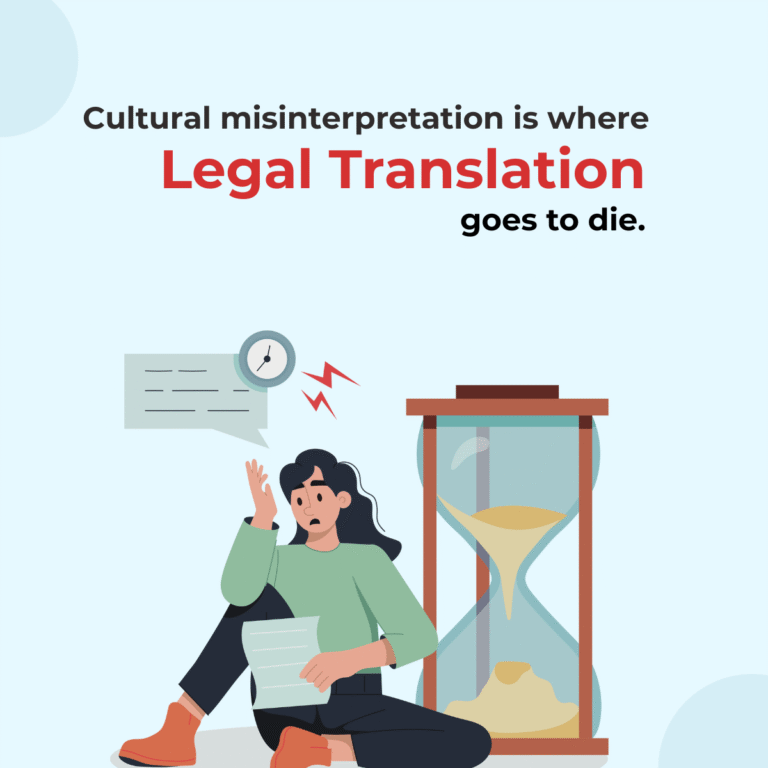
Frequently Asked Questions
What are the difficulties in legal translation?
Legal jargon, zero margin for error, varying jurisdiction laws, differing legal systems, and idioms that don’t travel well.
How much does legal translation cost?
More than Google Translate. Less than a court case. Good legal translators charge for accuracy, confidentiality, and the fact that you’ll sleep at night knowing you’re not accidentally signing away your future.
How accurate are online translation tools for legal documents?
About as accurate as a blindfolded monkey playing darts. They’re fine for casual text. Legal? Absolutely not. These tools don’t understand context, nuance, or consequences.
How can I make sure the translation maintains the original legal intent?
Easy. Hire professionals with legal expertise. Get documents reviewed by legal translators and have native legal professionals proofread them. Triple-check the process, not just the output.
Which AI translation tool is best for legal documents?
Trick question. No AI tool alone is safe for legal documents yet. Use AI for first drafts only if followed by human legal review. Otherwise, you’re gambling with your company.
Signing Off:
By now, you’ve probably realized legal translation isn’t a background task- it’s the boardroom bouncer standing between your business and a lawsuit with international subtitles.
What began with a snarky jab at Google Translate has now unfolded into a truth most global companies learn the hard way: legal language is a landmine field, and translation is your only safe path through it. Not just translation—precise, culturally aware, and legally sound translation.
Because let’s be honest, contracts don’t care if your intentions were pure. Courtrooms aren’t built for “Oops.” And nobody ever won a case by saying, “But my cousin said that’s what it meant in French.”
This isn’t about being paranoid. It’s about being prepared. If you’re serious about doing business across borders, then you need people who don’t just speak the language, but speak the law. Fluently. Fearlessly.
So go ahead, expand globally, sign big deals, chase those new markets. Just do it with documents that are bulletproof in every language. Because in the end, success isn’t just about what you say.
It’s about what the contract says after it’s translated.
